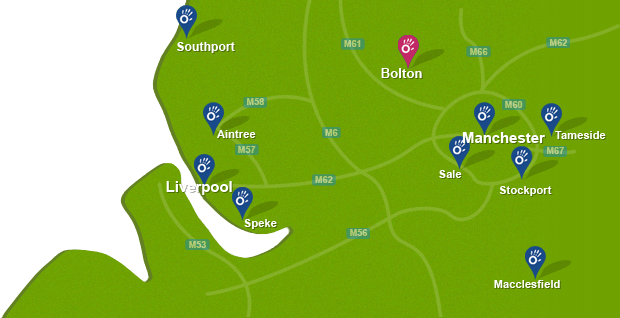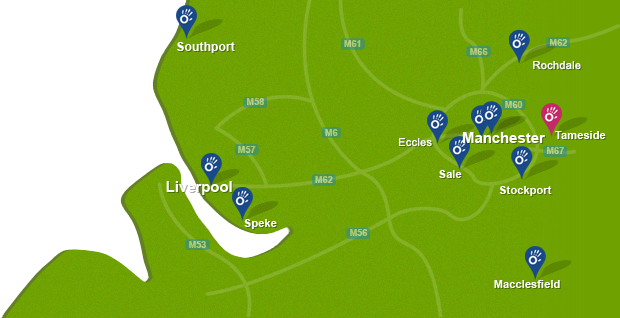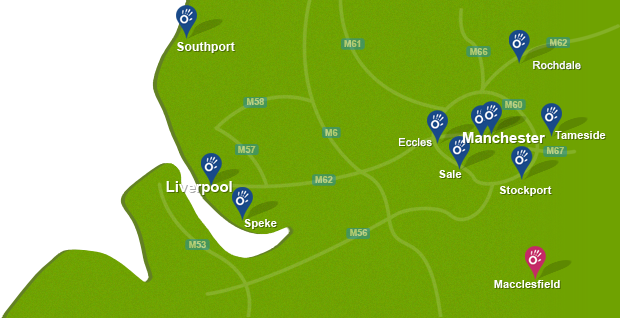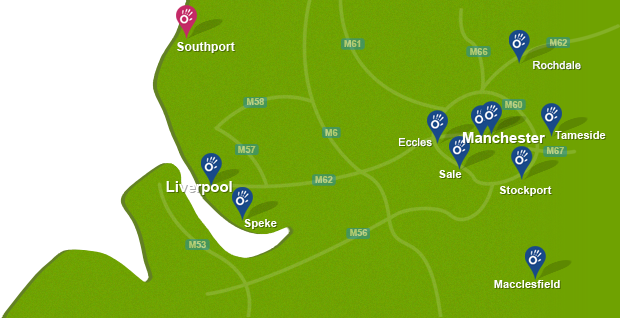What is the rotator cuff?
The rotator cuff is a group of tendons that hold the ball of the shoulder joint in place and provides mobility and strength.
A great deal of pressure and strain is put on these muscles if you play racket sports or partake in throwing events where your arm is above your head a lot.
The rotator cuff muscles are a series of tendons and these can become torn leading to pain and restricted movement of the arm. A torn rotator cuff can happen following a trauma to the shoulder or just through 'wear and tear'. Many athletes, like pitchers in baseball and javelin throwers, suffer of such injuries due to the repetitive movement of their shoulders.
 Above: It is important to ensure we strengthen our rotator cuff muscles to prevent shoulder instability or injury from occuring.
Above: It is important to ensure we strengthen our rotator cuff muscles to prevent shoulder instability or injury from occuring.Diagnosis of a rotator cuff injury?
A diagnosis of a rotator cuff injury can be made by a physiotherapist following a thorough physical examination.
What causes a rotator cuff injury
A rotator cuff injury can be caused by repetitive throwing and strain of the muscles or general degeneration which normally affects older people, smokers, or those having had cortisone injections
What are the symptoms of a rotator cuff injury?
Symptoms of Rotator Cuff include difficulty in lifting the arm and pain on the outside of the shoulder possibly travelling down into the arm. Pain in the shoulder can get worse at night and there is often stiffness in the shoulder joint
Physiotherapy treatment for a rotator cuff injury
At Manchester Physio we have specialised physiotherapists who will provide individualised assessment and treatment for your rotator cuff injury.
Physiotherapy treatment at Manchester Physio will ensure you regain your range of movement, muscle strength and
- Muscle imbalance exercises
- Ultrasound
- Trigger point treatment
- Soft-tissue massage
- Strengthening and stretching exercises of the relevant muscle groups
Things you can do yourself
- Rest
- Cold therapy: Put a cold pack (typically an ice pack applied for 20 minutes) directly on the injury
- Thermotherapy: Apply heat (typically in the form of heated pads, warms packs or lamps) to the areas of the body causing pain. NB. Often Cold therapy and
- Thermotherapy are alternated, with the cold application happening first
- Visit your chemist and purchase deep heat spray that can help muscle pain
- Use of non-steroidal anti-inflammatory drugs such as ibuprofen (Always seek the advice of a medical professional).
Rehabilitation treatment:
For more information about physiotherapy for shoulder problems, or to book an appointment please call 0161 883 0077.


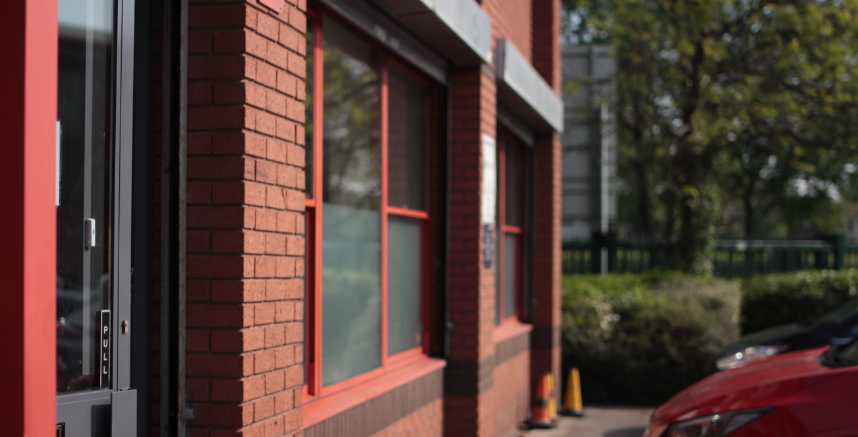
 0161 883 0077
0161 883 0077






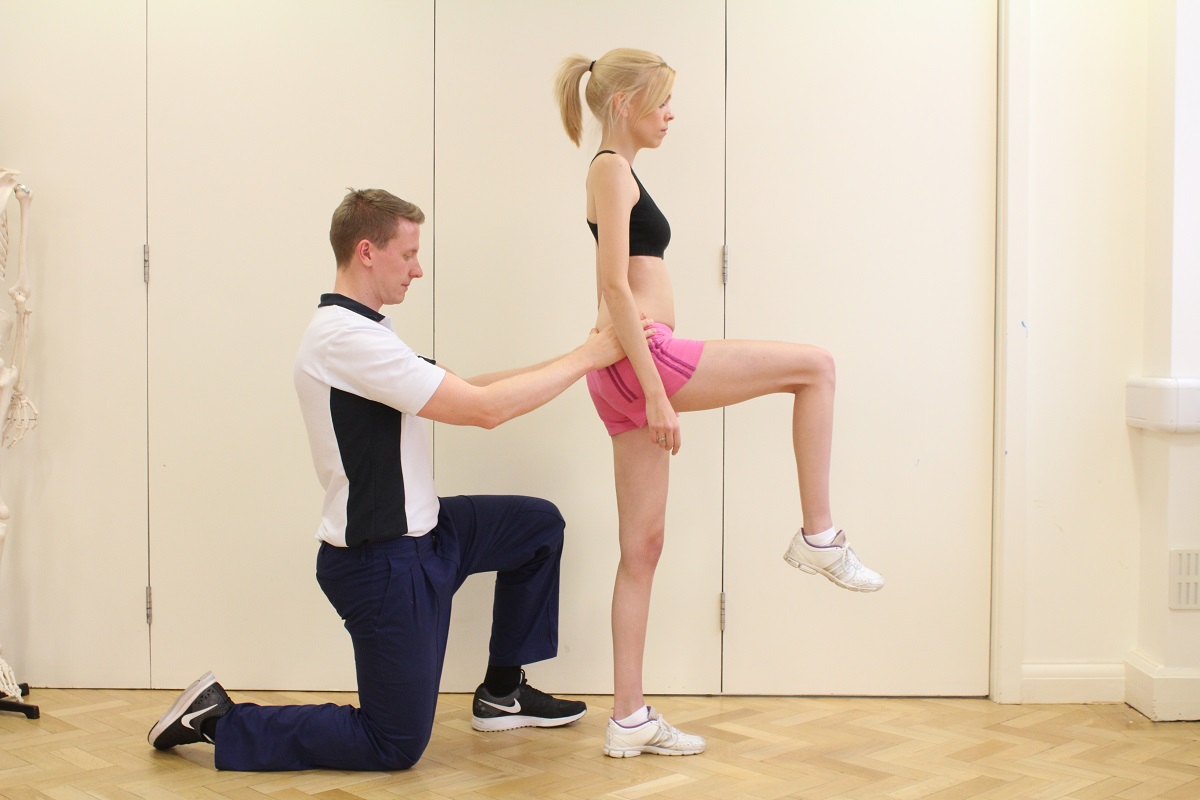
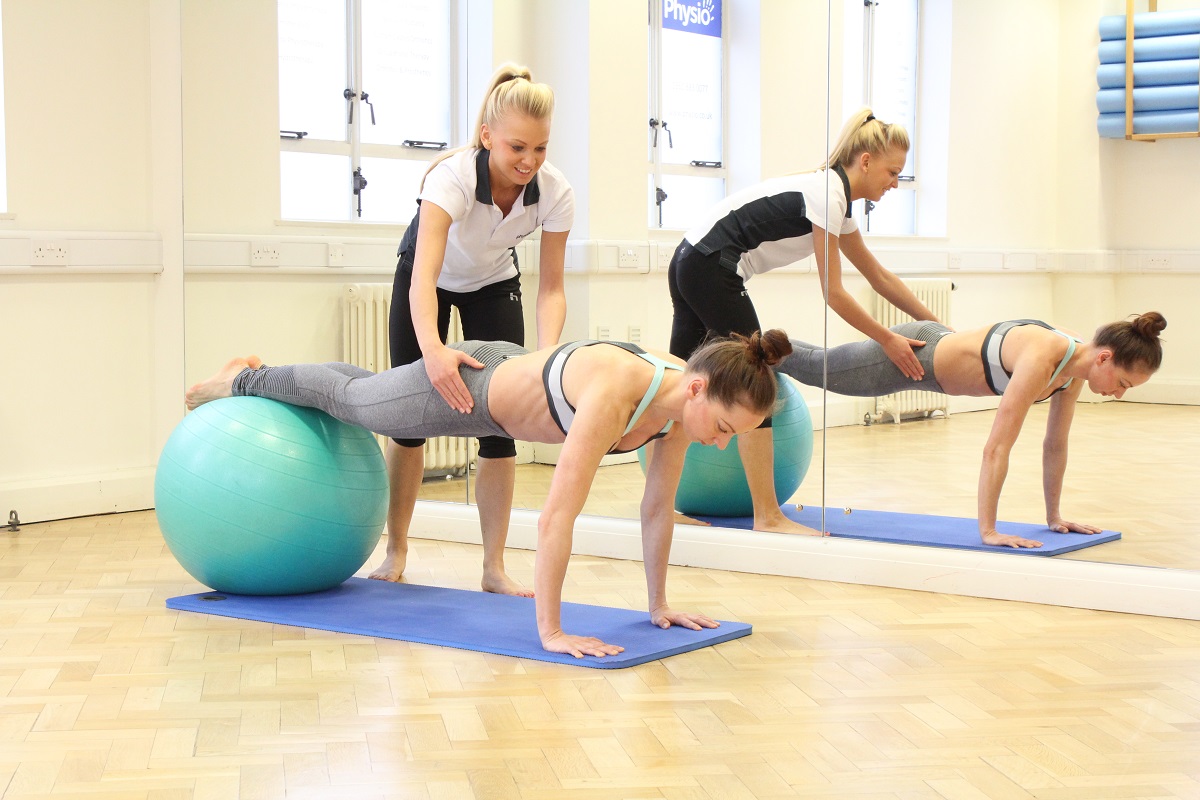
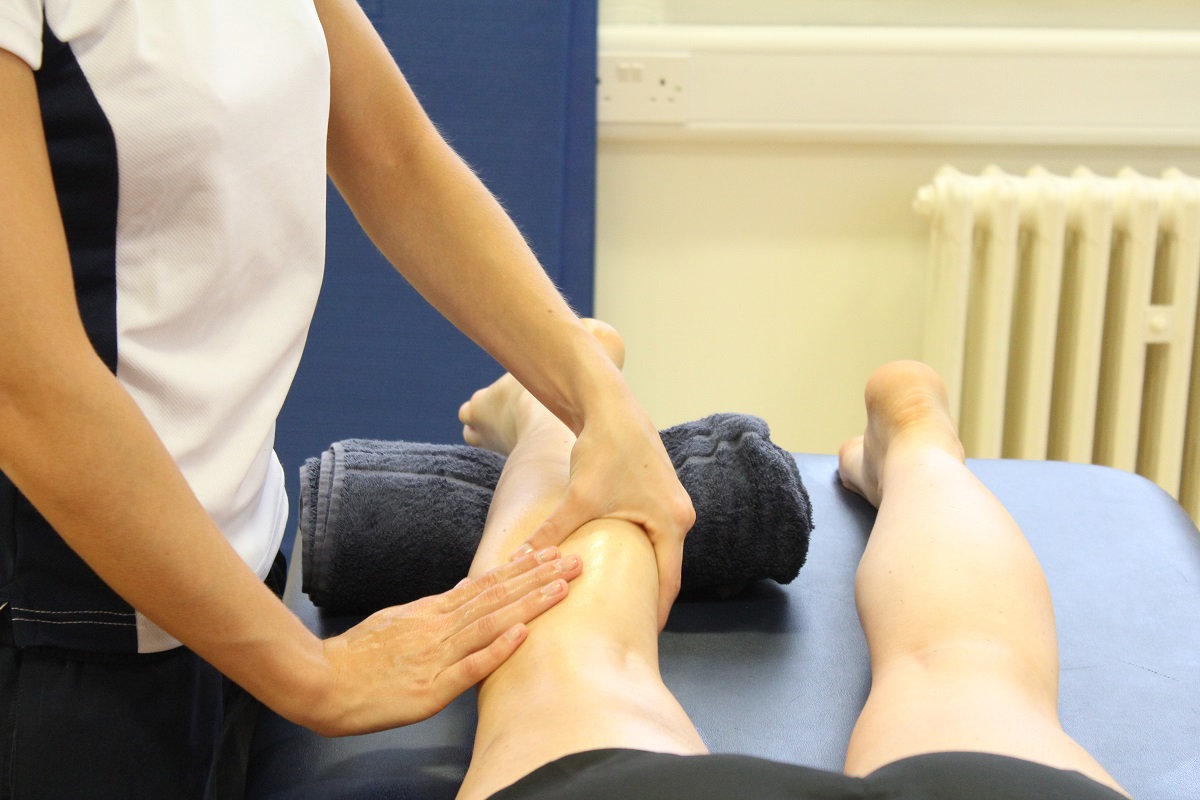
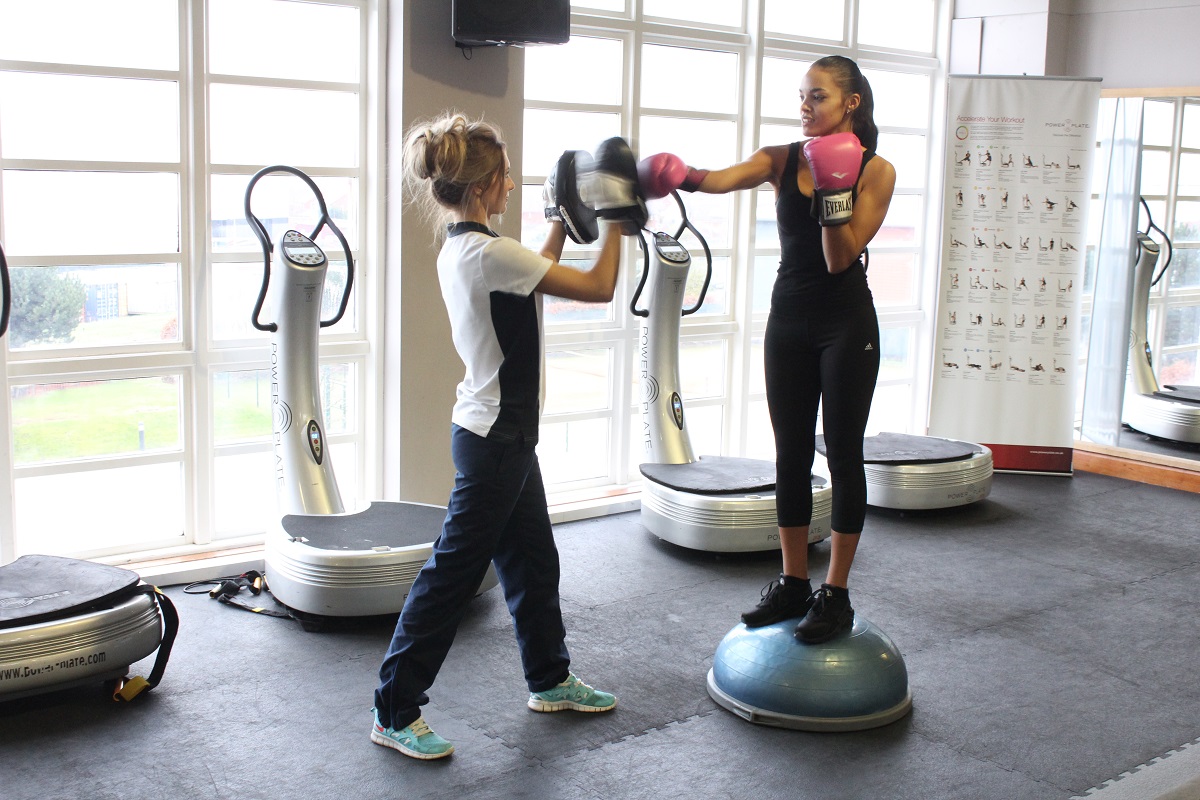


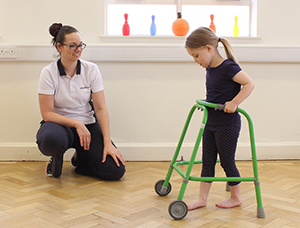
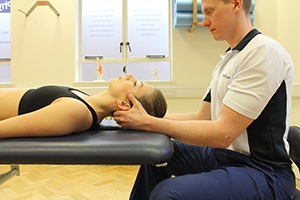






























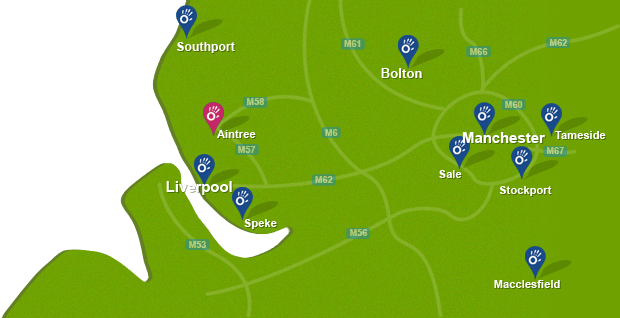

 f
f
